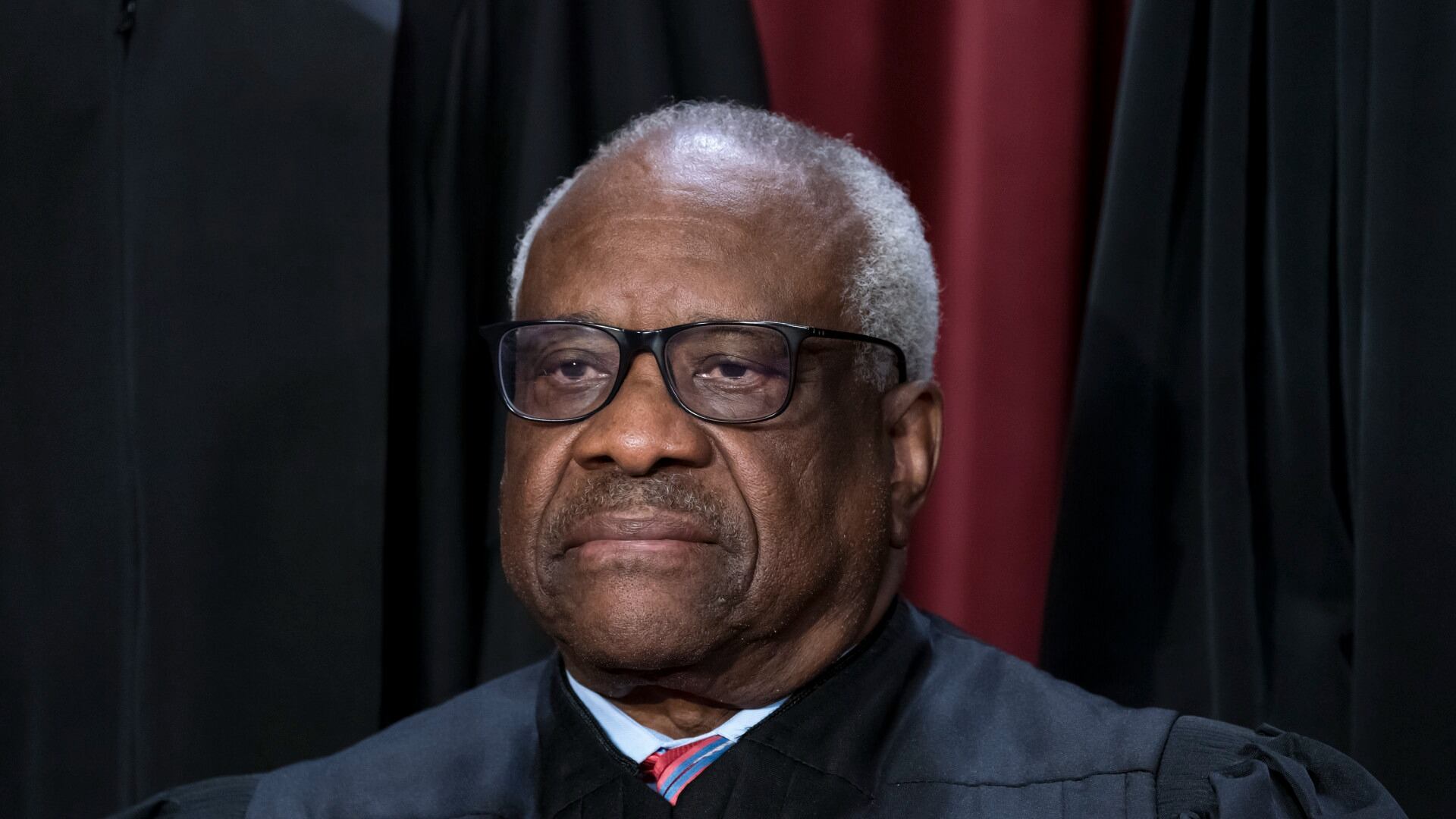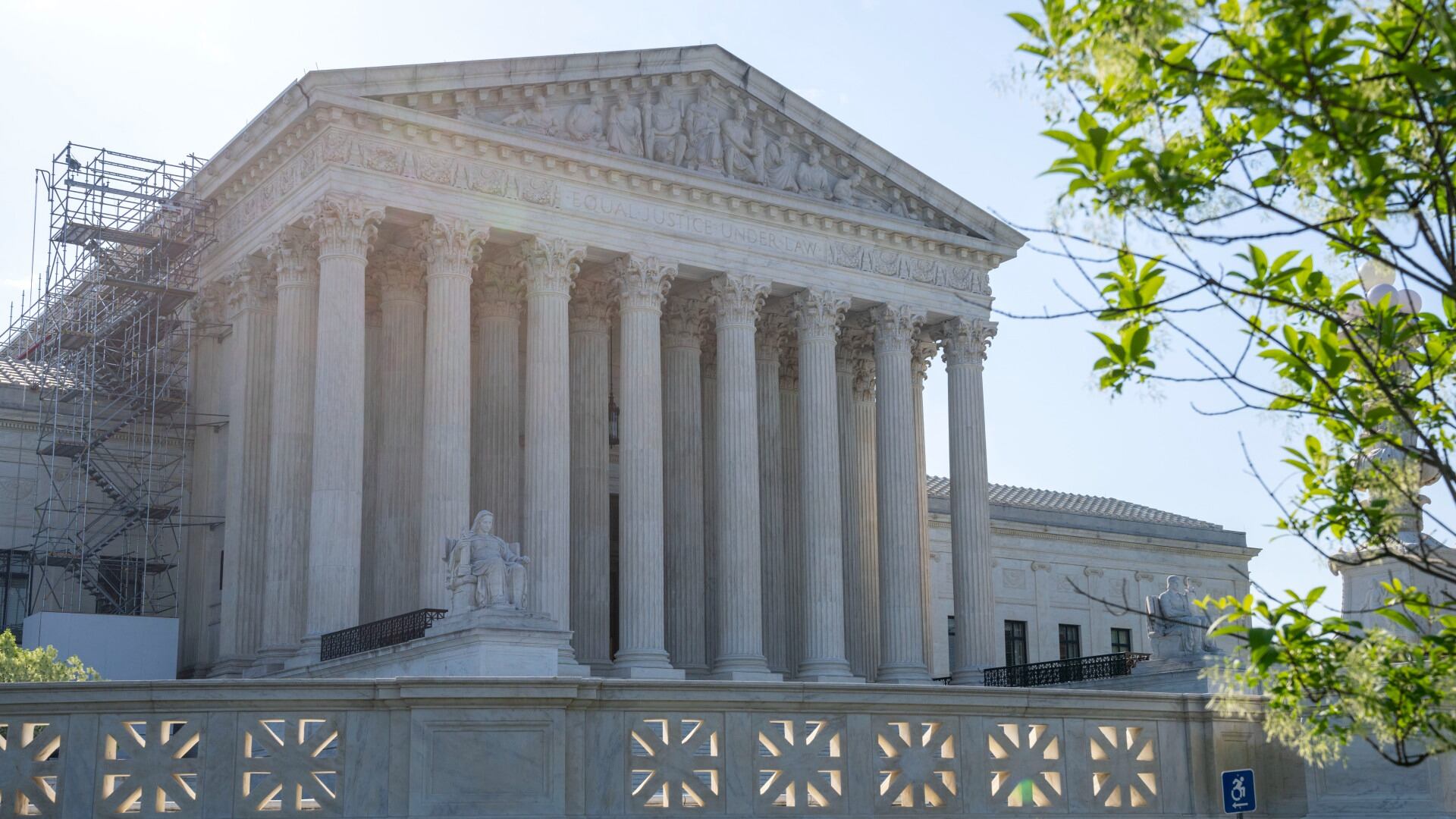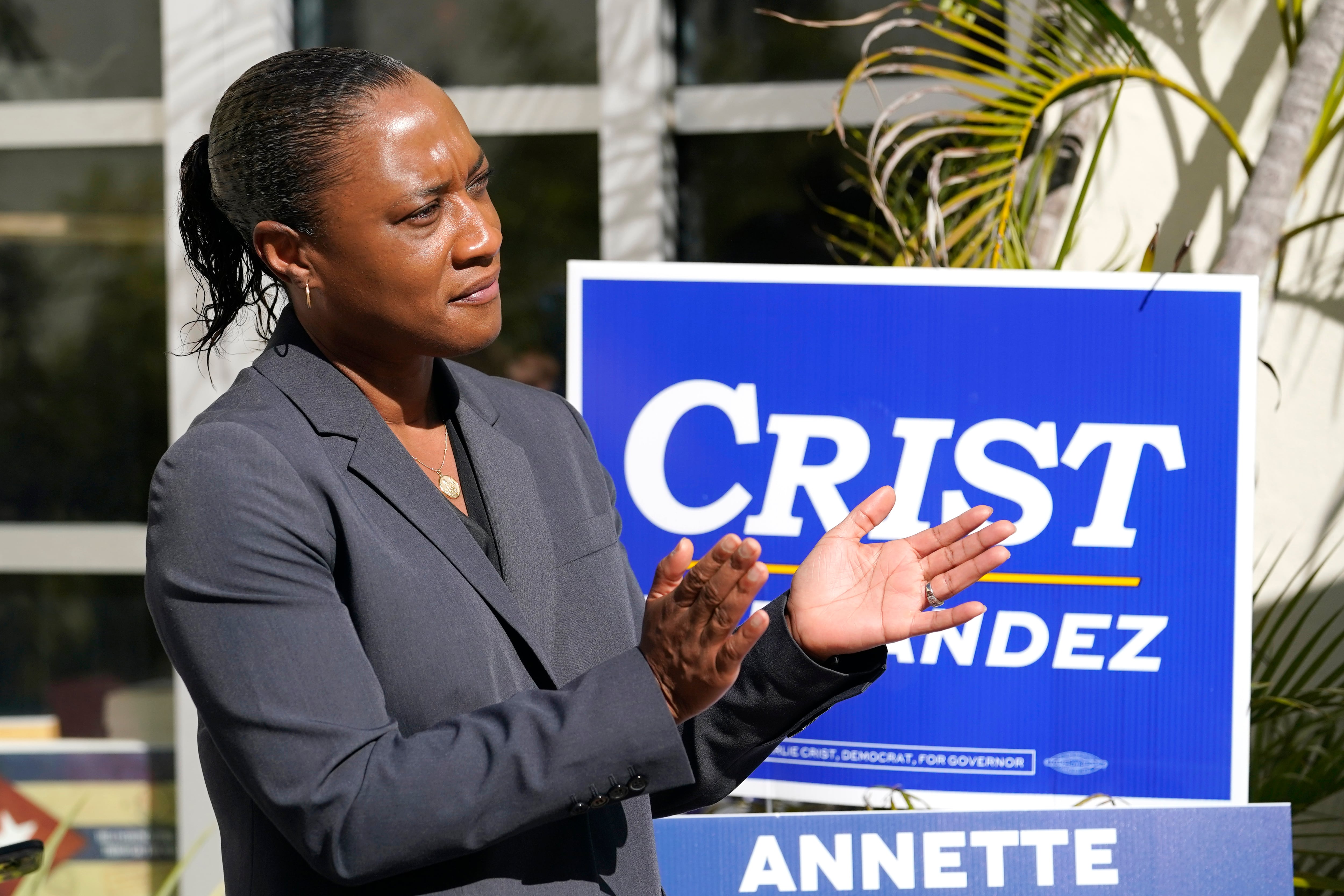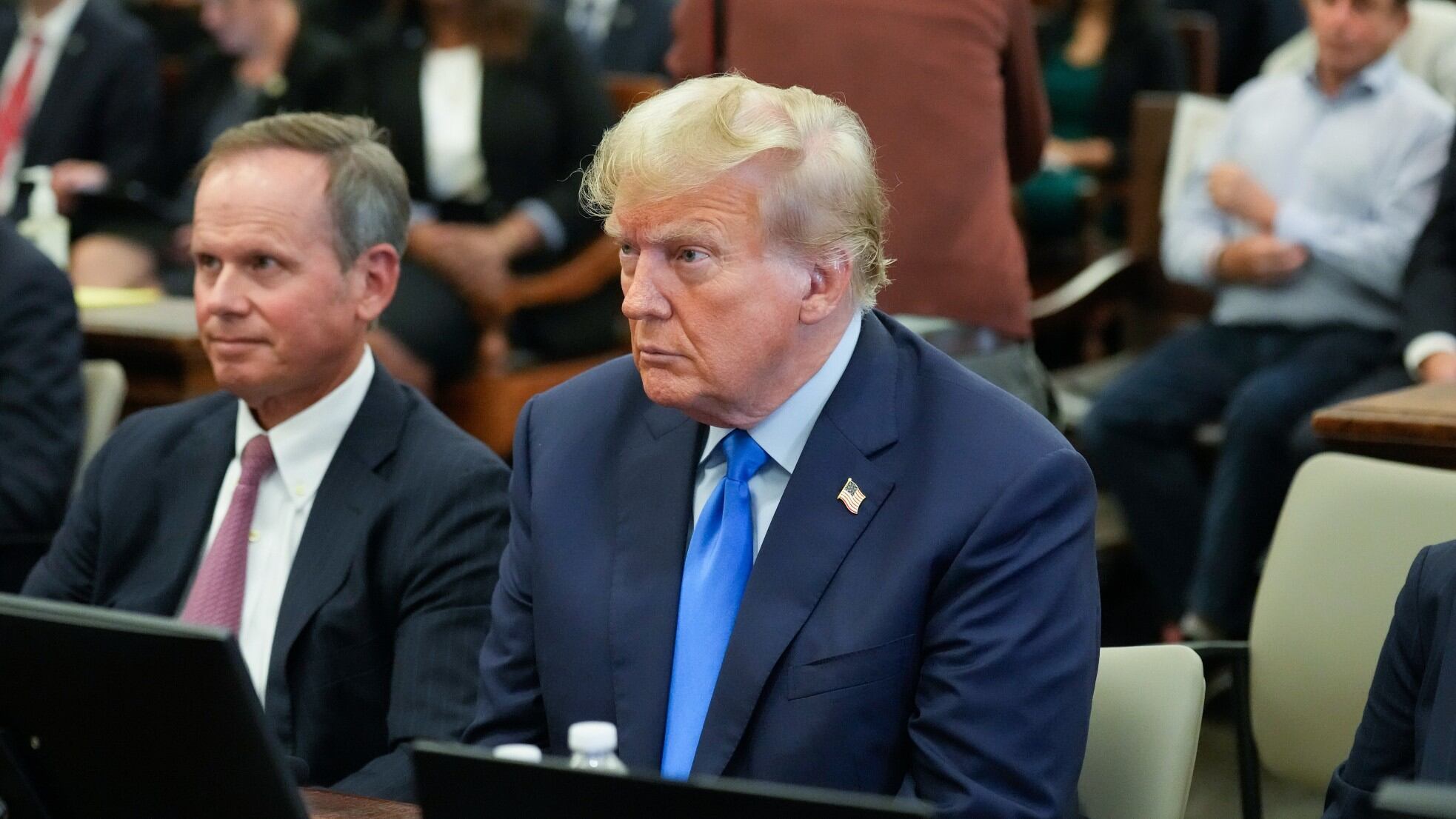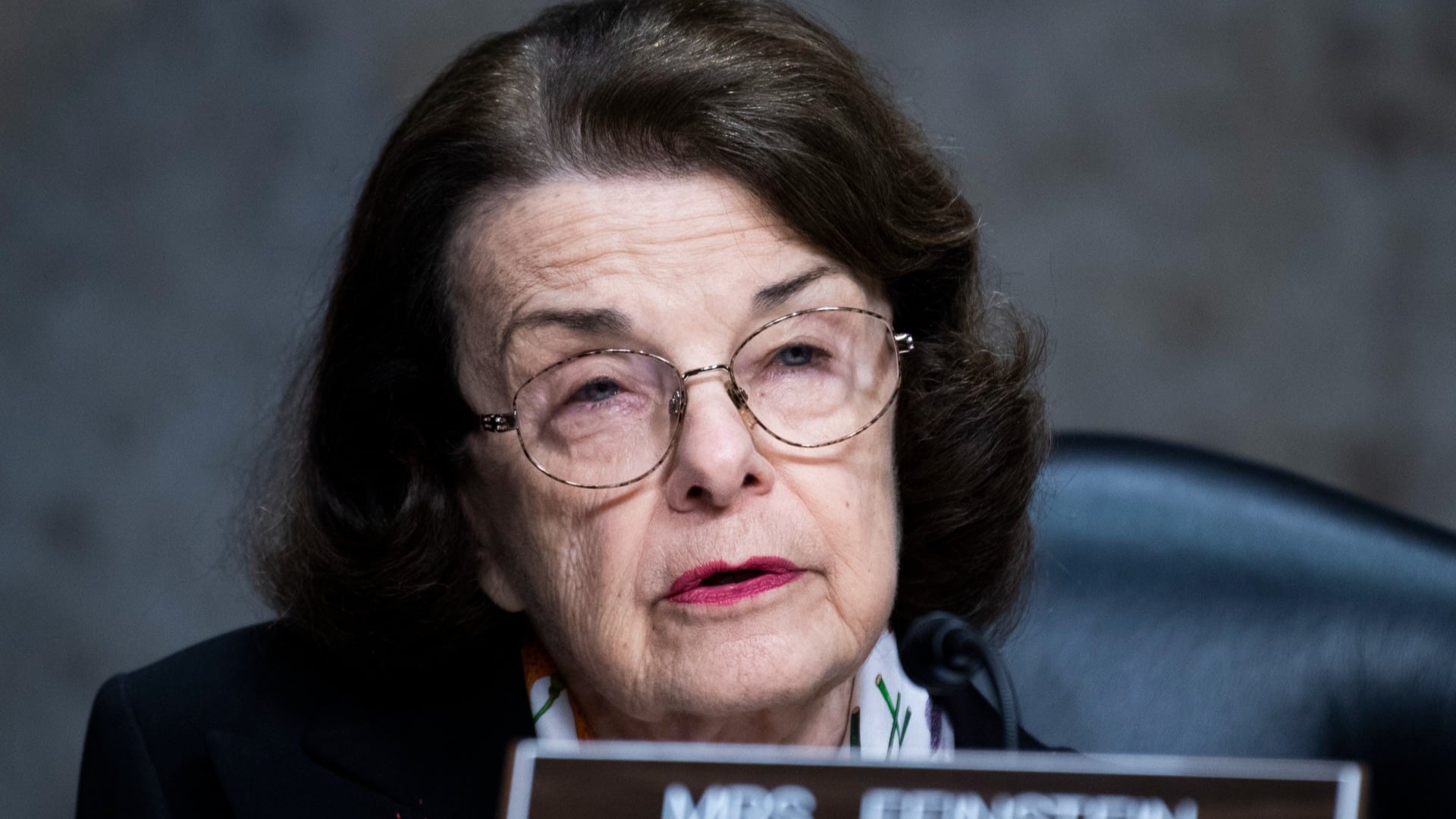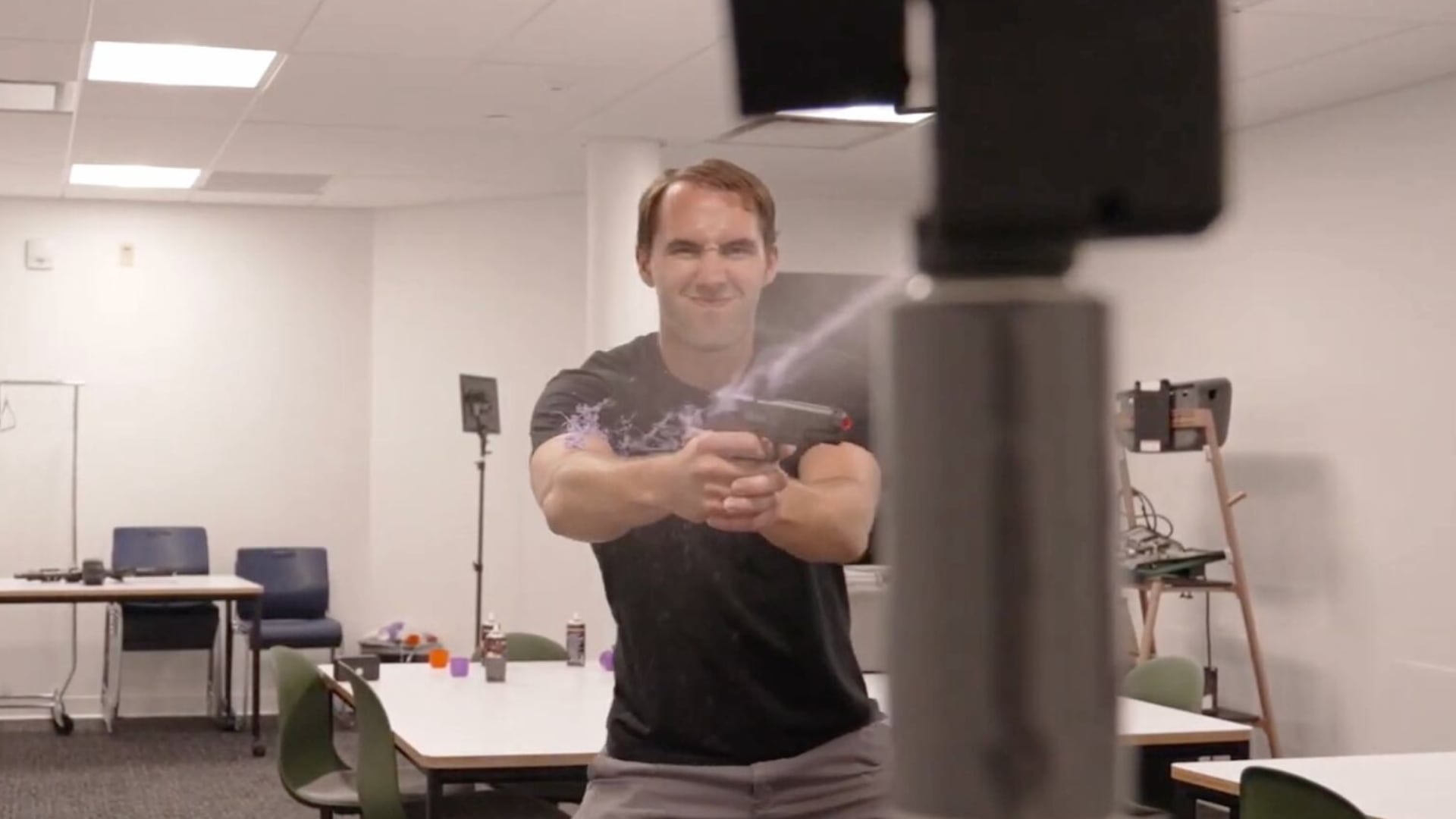Handling diplomatic relations with North Korea is the “hardest problem in the world,” and the Trump administration needs to acknowledge that. That’s according to Samantha Power, who served as United Nations Ambassador under former President Barack Obama. “It was the hardest problem that we dealt with over eight years,” she said in an interview with Cheddar. “The program accelerated over the Bush Administration, under our administration, and now it’s accelerating further under President Trump.” Reports emerged over the weekend that North Korea has stepped up its missile program despite existing sanctions. And Power warns against assuming China will be able to handle the problem. She recommends that the administration keeps its allies close and formulates a plan. “We’ve picked fights with the Republic of Korea, lost the public support of many of the Korean people,” she said. “The one thing you can’t say about this administration and its allies is that they negotiate or formulate, or achieve common purpose, and that’s a big problem.” Power added that even when the administration gets a plan in place, “it’s going to be hard” to make the North Korea regime “bend.” For full interview [click here](https://cheddar.com/videos/what-fmr-un-ambassador-samantha-power-says-is-the-hardest-problem-in-the-world).
